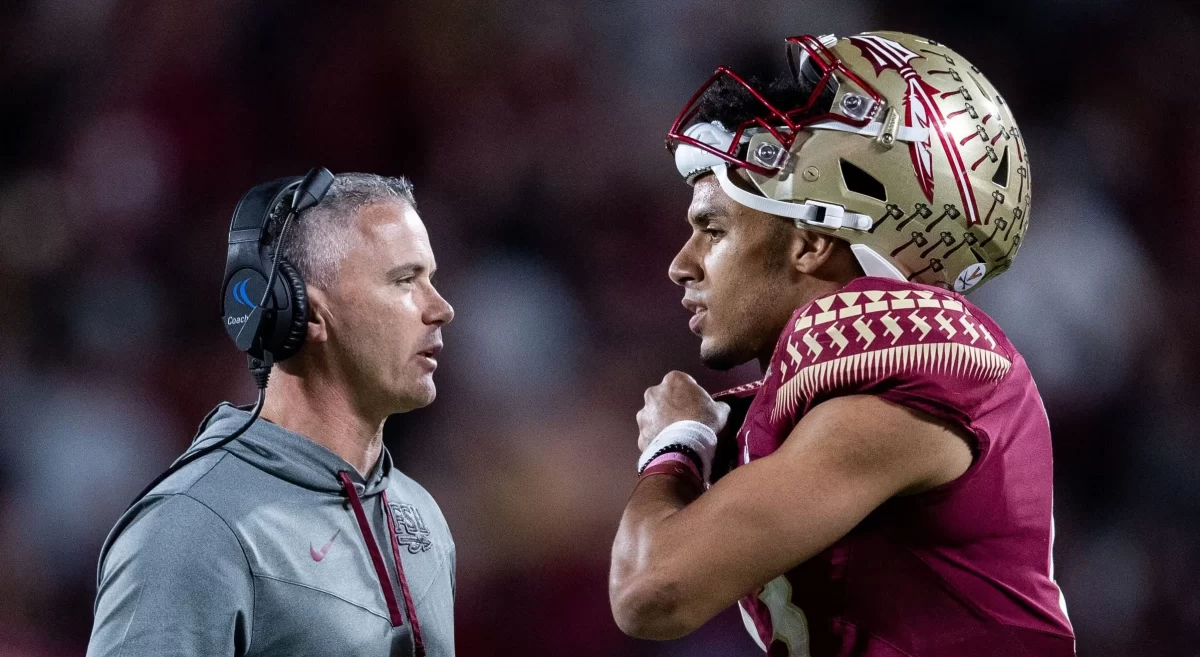The question of whether college is worth the time, effort, and financial investment has never been more pressing. In an era where tuition costs continue to rise and student loan debt reaches staggering levels, many young people are rethinking the traditional path to success. For some, the idea of a college degree remains a crucial ticket to a better future. For others, it’s seen as an outdated and expensive requirement that doesn’t guarantee success in today’s rapidly changing job market.
Johnny, a 19-year-old store worker, is skeptical about the value of a college degree. For him, the idea of spending four years and thousands of dollars on an education doesn’t make sense when there are alternative paths to success. “I’ve been working at this store for almost a year now, and I see people who didn’t go to college doing just as well—some even better,” he says. “College just feels like a scam. You’re told you need a degree to make it, but then you graduate with debt and no guarantee of a job.”
Johnny’s skepticism is rooted in the belief that the traditional college route doesn’t necessarily lead to success. He argues that many successful people—especially in the business world—didn’t graduate from college or found their success through non-traditional paths. “I want to work my way up in the corporate world, but I don’t need a degree for that. I’m starting here, and I’m learning skills that matter, like customer service, problem-solving, and leadership,” he explains.
For Johnny, experience and determination matter more than a piece of paper. “I’d rather put my time and money into learning on the job, building a portfolio, or even starting my own business. College doesn’t teach you real-world skills. I think there are more ways to get ahead today than ever before.”
On the other side of the debate is Emma, a 21-year-old college student currently working toward her degree in business administration. For Emma, a degree is the key to opening doors in the corporate world. “I think a degree is still one of the most important things you can have,” she says. “It’s not just about the knowledge you gain; it’s about the opportunities it provides. College connects you to networks, internships, and jobs that would be hard to get without it.”
Emma acknowledges that college is expensive, but she believes the investment will pay off in the long run. “Yes, I’m going into debt for my degree, but I know that once I graduate, I’ll be able to get a job that pays well enough to make up for it. I’m not just learning about business theory—I’m also gaining practical skills like communication, critical thinking, and project management.”
Emma points out that many high-paying jobs in industries like healthcare, finance, and technology still require a degree. “Even if you’re starting in an entry-level position, a degree is often the first thing employers look for. It shows you have discipline, commitment, and a foundation of knowledge,” she explains. “Without it, you’re limiting yourself. It’s like trying to play in a sport without the proper equipment.”
Moreover, Emma believes that college offers much more than just learning. “The college experience itself is invaluable. I’m meeting people from different backgrounds, working on group projects, and learning how to navigate challenges that I’ll face in the workforce. College is more than just classes—it’s personal growth.”
The answer to whether college is worth it depends on many factors: your career goals, financial situation, and the industry you want to enter. For some, like Johnny, a degree may seem unnecessary when there are alternative ways to build a career. For others, like Emma, the benefits of a degree—both in terms of job opportunities and personal growth—are invaluable.
Ultimately, the key is to recognize that the traditional college route is not the only path to success, but it remains a critical one for many people.
















